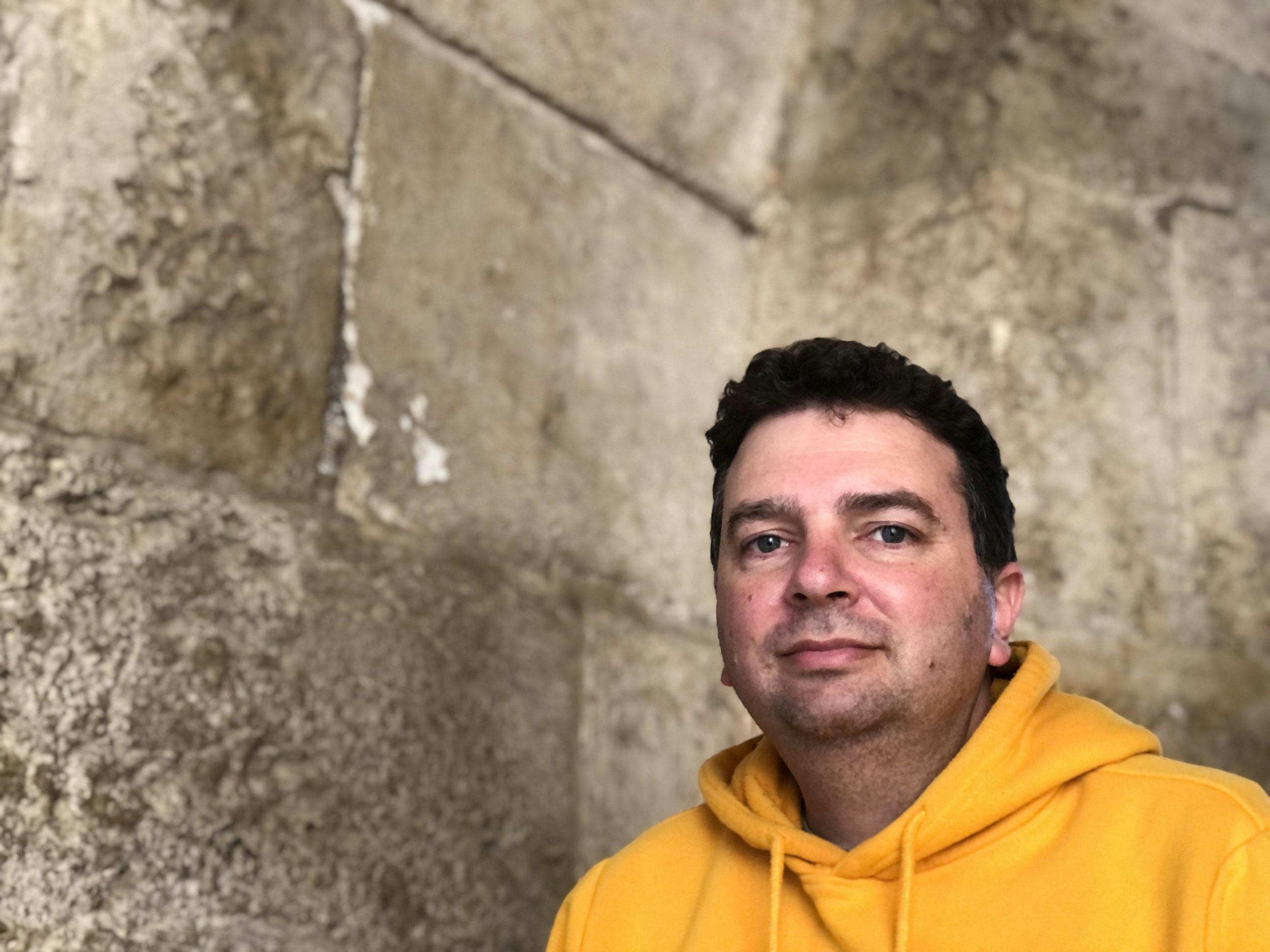Published: 6 January 2023
Last updated: 5 March 2024
Returning to a changed Israel, DEBORAH STONE considers whether a different path from her religious youth experience could have landed her on the other side of the growing political divide.
We all like to believe that our convictions are a result of conscious reflection or reasoned argument. It’s uncomfortable to acknowledge that our principles are more likely to be rooted in experience and exposure.
I am challenged by this understanding when I consider that I shared formative experiences with some of the people who probably voted for ultranationalists Itamar Ben-Gvir and Bezalel Smotrich and are delighted with the creation of Israel’s new ultra-Right coalition.
These politicians gather under the banner of Religious Zionism, a term I spent part of my adolescence learning to love.
I’ve been feeling sorry for religious Zionists lately – not for those with two capital letters who have hijacked the term as a political party but for the original religious Zionists, those who believe in Orthodox Judaism and a Jewish state without hating Palestinians or trying to destroy democratic institutions.
I was a B’nei Akiva girl, a member of the youth group of the religious Zionist movement. On Sunday afternoons in the synagogue courtyard, on summer camps that were the highlight of my year, and on a gap year in Israel, I was taught that combining religious observance with the settlement of Israel was the ideal life.
I can still hear the Hebrew anthem I sang with gusto, the rousing finale promising “With a courageous heart and God’s help, we will arise”.
Religious Zionists have certainly arisen now but in the light of the form it has taken, my nostalgia feels tainted.
The Kool Aid I drank for a while was Orthodox and nationalist but not inherently bigoted, theocratic or supremacist.
I spent the entire night dancing through the streets drunk on a sense of historical destiny mixed with sheer youthful exuberance. I had no sense that our celebration was a direct provocation.
But large sections of modern Orthodox believers, especially the younger generation of Israelis, have swung drastically to the Right in the years since I waved that flag. They have delivered a coalition that wants to destroy the independence of the Supreme Court, strengthen Israeli control over Palestinians in the West Bank, marginalise LGBTQ people, and limit the Law of Return to those who meet Orthodox definitions.
The people who voted in Ben-Gvir and Smotrich were raised singing the same songs I once sang.
One of those anthems was Hakotel (The Western Wall) which describes the Wall as a place of moss and sadness, lead and blood, glorifying the fight for Jerusalem with the words: “There are men with hearts of stone and stone with hearts of men.”
I loved that song when I was young. Now it troubles me deeply. Believing that stones have human hearts can harden real human hearts, spill more blood, and deepen the sadness.
It pains me to recall that one of the most exciting nights of my young life was the eve of Jerusalem Day of my gap year. I spent the entire night dancing through the streets of the city with a throng of blue-and-white kitted enthusiasts, drunk on a sense of historical destiny mixed with sheer youthful exuberance. I had no sense that our celebration was a direct provocation to the Arabs who were conquered and occupied in 1967.
I shudder to realise that I was also exposed to the most sinister forebears of today’s ultranationalists.
Among the hikes in place of Biblical significance and trips to national monuments, I remember a group trip to a strangely spooky building entitled Museum of the Potential Holocaust. We trouped through darkened rooms decorated with instance after instance of contemporary antisemitism and hate-filled rhetoric from the Arab world.
Primitive pre-Photoshop mock-ups imagined the destruction of Israel and “another Holocaust” in which millions of Jews in Israel and beyond were murdered. The tour ended with a lecture exhorting us to a “them or us” view of the state of Israel, where Arabs had to be removed or killed in order to protect Jews.
I learned later that Museum of the Potential Holocaust was an invention of Meir Kahane, the notoriously racist rabbi who promoted the removal of Israel’s Arab population, the ideological progenitor of key figures in today’s Religious Zionism/Jewish Power bloc.
I was never a very good B’nei Akiva girl. I wasn’t religious, although I toyed with becoming fully observant for a couple of years in my early teens. I was far too questioning to swallow doctrine whole and far too argumentative to submit to so many rules.
Much as I was under the spell of charismatic leaders and excited by the intensity of the belief system they offered, I also had powerful influences running contrary – a home that was strong on melding Jewish tradition with liberal values, non-Jewish friends, developing feminism, and native individualism.

In my first lecture at university, I learned about how enlightenment thinkers turned their backs on duty-based systems in favour of individual rights and understood why I had spent my gap year in Israel chafing at the ideology.
In truth my youth group alignment, like so many, was primarily social. I grew up in a city with only two Jewish youth groups – the cool kids went to Habonim, so I went to B’nei.
But I loved it and was, for a while, deeply susceptible to the idealism and sense of destiny it offered.
I have long since lost touched with most of the group with whom I shared those early life experiences, but I know many settled in Israel and lived out their youthful commitments to a religious and Zionist life.
How many of them – and how many of their children, who will be voting now – embrace this new embodiment of Religious Zionism? Did they take the seed that was planted in me too and fashion that wood into swords?
The gulf between the Orthodox Right and those who will not sacrifice liberal democratic values on the altar of religion is threatening Jewish unity as never since the establishment of the state of Israel.
It’s sobering to realise how close I might have come to being on the other side of that divide.
Image: The author's 1981 photo of Jerusalem Day next to a 2022 image of the same event.



